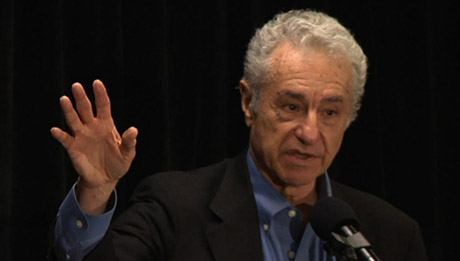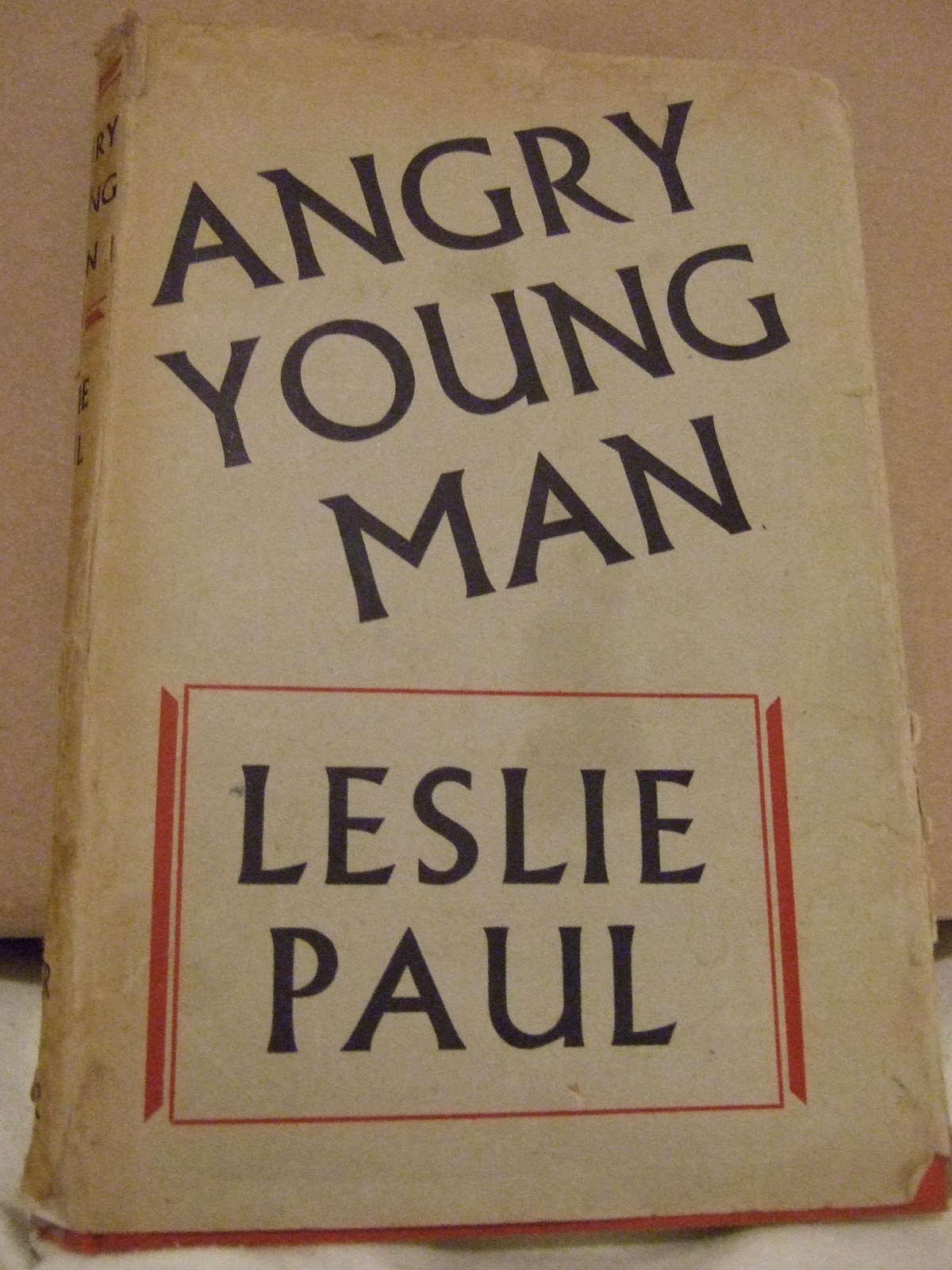I don’t usually read books by people like Gar Alperovitz – he had a career as a Legislative Director in the U.S. Senate and House of Representatives and very much tries to speak a language that professional politicians will understand. I couldn’t give a monkey’s whether those people understand me, since they’ve never shown any…
Author: preorg
Angry Young Man by Leslie Paul – a chapter by chapter synopsis
I haven’t posted much on the history of political organising but recently someone recommended to me the out-of-print book Angry Young Man. This is the autobiography of Leslie Paul, a founder of the Woodcraft Folk who saw at first hand many of the political movements of the early 20th Century. It is well-written and…
More on Anglogold Ashanti’s proposed La Colosa mine
Have you ever wondered what happens when a big multinational mining company turns up in your small Colombian town with the intention of building a gold mine? A new report produced by a UK-based campaigning group records the experience of local people in Cajamarca, Tolima, as South African-based gold miner AngloGold Ashanti moved in. The…
A success out of the Spanish 15M movement – the PAH
This week I interviewed some people from Plataforma de Afectados por la Hipoteca (PAH), an organisation for people affected by bad mortgages and evictions in Spain. I’ll write it up properly later but a summary of why they seem to be successful: 1. The organisation is a network of local groups made up mostly of…
Workers co-ops and trade unions: uneasy bedfellows
Last night I was at an event put on by Stir magazine, ‘Old Forms, New Strategies: Trade Unions, Co-operatives and the Commons’, which discussed the historical lack of co-operation between trade unions and the co-operative movement in the UK. The lack of interaction is not an accident. A mixture of ideology and self-interest means that…
James Meade and property-owning democracy
This is something of a follow-up to the previous post, as I have just been reading about someone else, James Meade, who proposed a Citizen’s Trust that would hold shares on behalf of the population – a type of property ownership certainly more real than Thatcher’s version in which we all own a lot of…
The Meidner Plan – spreading corporate wealth through ‘Collective Capital Formation’
Rudolf Meidner, one of the architects of the Swedish welfare state – a pretty impressive thing to have on your CV – wanted to go a step further than simply taxing corporations. He proposed that companies issue new shares every year to the value of 20% of their profits. This share levy would be passed…
Transparency is hard but we should all try: a challenge for Elevate Festival
A few weeks ago I was asked to contribute to Elevate Festival by watching livestreams of debates, joining in on Twitter and otherwise increasing the web presence of the festival. Elevate is discussing a wide range of things I am interested so I was happy to do this, but these days I really like to…
Foodbanks aren’t coping – and why should they?
Recently I spoke with the manager of a foodbank in South London. She didn’t offer to go on the record but I afterwards made a few notes on what she was saying: They have recently seen a big increase in people coming to them, many due to delays in benefit, the abolition of crisis loans…
The effect of government contracting on the non-profit sector
Here is an interesting post from elsewhere on the vacuum of politics in most of the NGO sector in the UK. It suggests that part of the reason for this is that they have allowed themselves to be contracted by the state, becoming part of the outsourcing industry. http://www.independentaction.net/2013/07/16/state-of-the-voluntary-services-sector-bob-baker-writes/ However this can’t be the whole…



